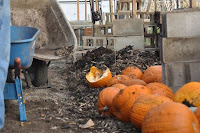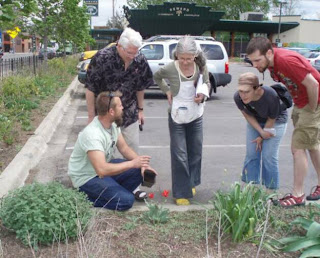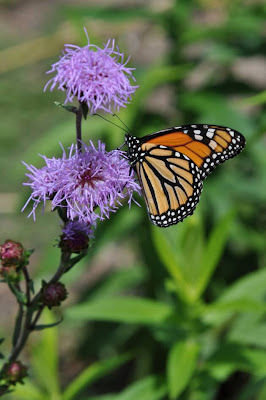Here's what a couple of our clients have to say:
When I inherited my mother's garden, I inherited Russ Henry too. What a lucky break for me! Russ understood exactly what needed to be done to maintain my mother's gorgeous garden. As I watched the garden through spring, into summer and then into fall, the garden changed and evolved. Thanks to Russ, there was always something new growing and blooming in different corners while the overall garden maintained a lush, almost bohemian feel. Russ was a patient, encouraging teacher whenever I elected to participate in caring for the garden. In fall, he gently put the garden to bed. This spring, I look forward to his return and with him will come a rewarding garden where it will be a constant pleasure to spend time. — Natalie Elertson, Minneapolis Residential Client
I was thrilled at the results I got from Russ at Giving Tree Gardens. He's creative, and an impeccably professional landscaper. He knows gardening, and has always got a good idea for what to do with my garden. And not only that, but he's a whiz at creating beautiful patio spaces--his work and creativity allowed my family to enjoy our garden even more. Everyone who is looking for someone to help them figure out how to beautify and optimize their outdoor space should talk to Russ. You'll love the result. I certainly did! — Kieth Stacy, Residential Client
In the spring of 2005 Seward Co-op hired Russ Henry and Giving Tree Gardens to revamp our landscaping. We wanted a blend of native and non native plants, culinary and medicinal herbs and most importantly we wanted maximum bloom time. The work done exceeded our expectations. The co-op went from lackluster landscaping to gorgeous gardens almost overnight. In both 2005 and 2006, Russ's work was recognized with City of Minneapolis Blooms Awards. In addition to his creative flare, Russ brings a willingness to work with a wide range of people to bring his work to fruition. He has worked with the Seward Peace Garden kids. He gave seasonal tours to co-op customers highlighting the blooms. He will be working with the co-op and our immediate neighbors as we plan the gardens at our new store at Riverside and Franklin.—Sean Doyle, General Manager, Seward Cooperative Grocery and Deli
Russ, at Giving Tree Gardens, planted the Seward Co-Op urban gardens 2 years ago and has lovingly maintained them since. His stellar original design and hard work were rewarded with the "Minneapolis Blooms Awards" two years in a row. Russ is a true "people person." He takes the time to answer questions and chat with customers and the general public as he tends to the gardens and has put together several garden tours. He is a delight to work —Valerie Doying, Manager On Duty, Seward Cooperative Grocery and Deli

























